Autism 2026
Euro-Global Summit on
Autism Research and Awareness
Theme: Different Minds, One World: Embracing the Spectrum
.png)
Welcome to the Euro-Global Summit on Autism Research Awareness.
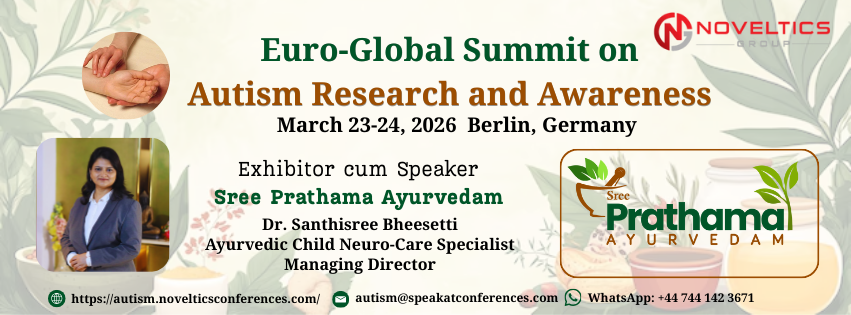
We are delighted to welcome you to the Euro-Global Summit onAutism Research and Awareness during March 23-24, 2026 at Berlin, Germany—an international platform dedicated to advancingknowledge, sharing research, and promoting collaborative strategies in thefield of Autism Spectrum Disorder (ASD). This highly anticipated event willbring together leading researchers, clinicians, educators, therapists,policymakers, and advocates from around the world to explore the latestscientific breakthroughs and practical approaches aimed at improving the livesof individuals with autism.
The Autism 2026 will cover a broad spectrum of topics, includingearly diagnosis and intervention, behavioral and educational therapies,neurodevelopmental research, technology-assisted solutions, mental healthsupport, and inclusive societal practices. Through keynote presentations, paneldiscussions, interactive workshops, and poster sessions, attendees will gaincutting-edge insights and build meaningful professional connections.
Welcome Message by: IrínaDiyankova, Knoxville, USA
Dear participants of the Euro-Global Summit on AutismResearch and Awareness, being held on March 23-24, 2026 in Berlin,Germany. This conference provides a valuable platform for professionals,researchers, and scholars to share knowledge, exchange ideas, and discuss thelatest advancements in Mental Health for autistic people.
I warmly welcome all delegates, speakers, and participants,and wish the conference great success. May this event inspire meaningfuldialogue, strengthen personal and professional connections, and pave the wayfor future breakthroughs.
With warm regards
Irína Diyankova | Licensed Psychologist
Knoxville, USA
Welcome Message-By Hamlatul Hawary Azizan
Warm greetings to all distinguished speakers anddelegates from across the globe attending the Euro-Global Summit on AutismResearch and Awareness. This year’s conference, held in Berlin, Germany, servesas a premier platform for professionals, researchers, and scholars to shareknowledge, exchange ideas, and discuss the latest advancements in mental healthand human resilience.
Research and innovation in the field of autismcontinue to evolve, broadening our understanding and deepening our collectiveexpertise. The dedicated efforts of various stakeholders have made significantcontributions to the global autism community. Through ongoing researchinitiatives, the latest findings on autism can be disseminated worldwide,offering valuable insights and references for practitioners, policymakers, andresearchers alike.
We extend our best wishes for a successful andproductive conference. We look forward to meeting you in Berlin.
Hamlatul Hawary Azizan

Director of Hawary Sports Centre
Hawary Sports Centre (HSC)
Whether you are a healthcare professional, educator,academic, caregiver, or someone personally impacted by autism, this Autism Conference offers a unique opportunity to engage with experts, discover innovative tools,and contribute to the global effort to enhance understanding and support forindividuals on the autism spectrum.
Join us for this transformative Autism Conference as we work together topromote greater awareness, inclusion, and scientific advancement in the fieldof autism.
Key Benefits of Attending the Euro-Global Summit onAutism:
For Researchers and Clinicians:
For Educators and Advocates:
Don’t miss the chance to be part of a global movementdriving progress in autism research and care. Secure your spot today and jointhe conversation that is shaping the future of autism advocacy.
Keynote speakers are the architects of inspiration, building bridges of knowledge that resonate beyond words, shaping the future with each impactful syllable.
Discover a constellation of brilliance with our curated selection of 50+ extraordinary speakers! From industry titans to influential thought leaders, these luminaries ignite inspiration and drive change across diverse arenas. Uncover groundbreaking insights from tech innovators, absorb wisdom from visionary leaders, and be moved by impassioned storytellers. Join this unparalleled gathering of minds as they share expertise, motivate change, and reshape the world with their unparalleled knowledge and visionary outlooks!
Find Out MoreUnveiling a cadre of 15+ exceptional keynote speakers, each a beacon of insight and inspiration! These thought leaders and visionaries bring diverse expertise, from cutting-edge tech to transformative leadership strategies. Engage with their captivating narratives, glean wisdom from their experiences, and absorb their visionary perspectives. Join this exclusive assembly of minds poised to ignite motivation, drive change, and chart new frontiers in innovation, leadership, and personal growth!
Find Out MoreEmbark on a dynamic journey with our array of 10+ immersive workshops and exhibitions! Dive into hands-on sessions led by industry experts, unlocking new skills and strategies in diverse fields. Explore interactive exhibits showcasing cutting-edge technologies, innovative products, and groundbreaking ideas. Engage, learn, and network in these vibrant spaces, gaining invaluable insights and forging connections that inspire growth, innovation, and advancement across various industries!
Find Out MoreInspiring minds, stirring change, and leaving an indelible mark—our notable speakers, your brilliance lit up our conference stage.
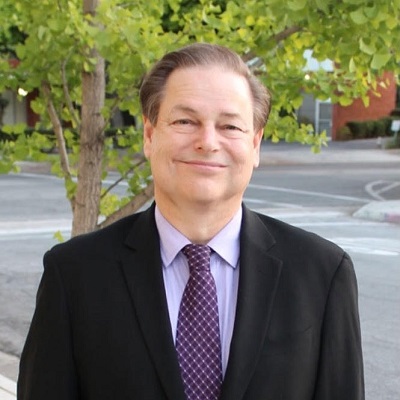


,-Toastmasters-International-Accredited-Speaker-(AS)-Come-To-Life-Coaching-Ireland-2025-11-22.jpg)
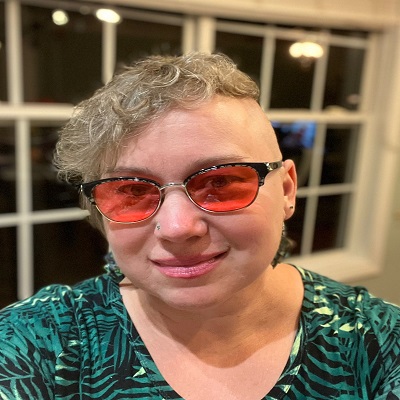


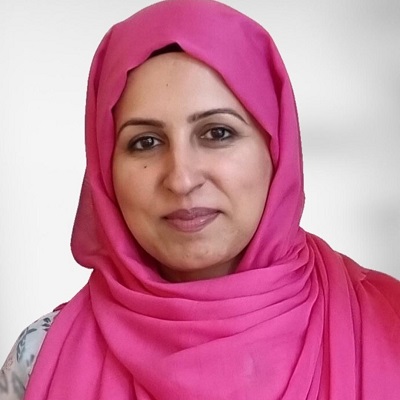
Sensory processing challenges are a hallmark of autism spectrum disorders. This session explores how sensory sensitivities affect daily living, learning, and social interactions. Experts will discuss assessment strategies, sensory integration therapies, and ways to create sensory-friendly environments. Attendees will gain practical insights into supporting individuals with hyper- or hypo-sensitivities, with a focus on building individualized sensory profiles for more effective interventions.
As autism research evolves, so must intervention methods. This session presents cutting-edge, evidence-based therapies, including Applied Behavior Analysis (ABA), the Early Start Denver Model, and Naturalistic Developmental Behavioral Interventions (NDBIs). Implementation challenges, cultural considerations, and methods for evaluating therapy outcomes will be addressed to ensure ethical and effective practice.
Siblings of individuals with autism often face unique emotional and psychological challenges. This session delves into sibling experiences, resilience factors, and mental health outcomes. Strategies for promoting healthy sibling relationships, offering peer support groups, and involving siblings in intervention planning will be explored to ensure holistic family well-being.
There is growing recognition of higher autism prevalence among transgender and non-binary individuals. This session explores the intersection of gender identity and autism, addressing identity development, diagnostic challenges, and inclusive care practices. Attendees will learn how to support gender-diverse autistic individuals with sensitivity and respect.
Recent scientific advances are reshaping our understanding of autism. This session highlights key findings in genetics, brain development, and environmental influences. Topics include early neural markers, immune system involvement, and personalized medicine. Attendees will gain insights into how these discoveries are transforming diagnosis and intervention.
Collaboration between families and professionals is essential in autism care. This session focuses on building trust, shared goal-setting, and family empowerment. Real-life case studies will illustrate the impact of co-created care plans and open communication in achieving better therapeutic outcomes.
Lived experience is vital in shaping autism discourse. This session features autistic self-advocates discussing themes of acceptance, empowerment, and neurodiversity. Attendees will learn how to engage with participatory research and policy frameworks that center autistic voices and foster inclusive practices.
Challenging behaviors often signal unmet needs. This session promotes compassionate strategies like Positive Behavior Support (PBS), functional communication training, and trauma-informed care. Participants will learn how to address behaviors in ways that uphold dignity, reduce harm, and improve quality of life.
Cultural beliefs influence how autism is perceived, diagnosed, and treated. This session explores disparities in identification and access across racial, ethnic, and socio-economic groups. Attendees will learn culturally responsive practices for assessment, service delivery, and family engagement.
Many autistic individuals experience co-occurring conditions such as ADHD, anxiety, or epilepsy. This session addresses challenges in differential diagnosis and emphasizes integrated care approaches. Participants will explore multidisciplinary models that support comprehensive, individualized care.
Brain imaging tools like MRI and fMRI have revolutionized autism research. This session presents recent discoveries related to brain connectivity, sensory processing, and social cognition. Ethical considerations around early diagnosis and intervention will also be discussed.
Employment opportunities for autistic individuals remain limited despite their potential. This session highlights inclusive hiring practices, workplace accommodations, and success stories from neurodiverse hiring initiatives. Attendees will receive actionable strategies for fostering inclusive employment environments.
Family-centered care ensures that caregivers are key partners in intervention. This session discusses engaging families through education, emotional support, and collaborative planning. Strength-based approaches will be emphasized to empower families and promote resilience.
Mental health challenges are common in autism but often go unnoticed. This session reviews research on anxiety, depression, PTSD, and suicide risk among autistic individuals. Adapted therapeutic models and early identification strategies will be discussed to improve emotional well-being.
Genetic studies have provided important insights into autism's biological basis. This session explores genome-wide association studies, copy number variations, and epigenetic findings. Ethical concerns around genetic testing and personalized treatment approaches will also be covered.
Technology can greatly enhance communication, learning, and independence. This session explores tools like augmentative and alternative communication (AAC) devices, social skills apps, and interactive platforms. User-centered design and maintaining human connection will be key discussion points.
Creating inclusive classrooms benefits all students. This session focuses on strategies such as Universal Design for Learning (UDL), differentiated instruction, and positive behavior supports. Practical tools and case studies will demonstrate effective implementation.
Transitioning to adulthood is a critical period for autistic individuals. This session addresses planning for post-secondary education, employment, independent living, and self-advocacy. Attendees will learn how to create person-centered transition plans that promote autonomy and success.
Social communication is a core area of difficulty in autism. This session explores interventions like the SCERTS model, peer-mediated approaches, and video modeling. Emphasis will be placed on supporting meaningful connections while honoring diverse communication styles.
Early identification leads to better outcomes. This session reviews the latest screening tools, biomarkers, and parent-report instruments used in early autism detection. Ethical considerations around early labeling and cultural sensitivity will also be explored.
The built environment plays a key role in inclusion. This session presents design strategies for sensory-friendly spaces in schools, workplaces, and homes. Topics include acoustics, lighting, spatial organization, and signage that promote comfort and accessibility.
Support for autistic individuals must extend across the lifespan. This session promotes continuous services from childhood through adulthood and aging. Topics include adult diagnosis, lifelong learning, community integration, and aging-related needs.
Autism does not exist in a vacuum. This session highlights how race, gender, socioeconomic status, and other identities intersect with autism. Intersectional frameworks and participatory research models will be discussed to foster more inclusive and representative studies.
Many autistic individuals have overlapping neurodevelopmental conditions. This session explores how co-occurring diagnoses impact education, identity, and treatment. A holistic, strengths-based approach will be emphasized for addressing unique individual profiles.
Policy shapes services, funding, and societal attitudes. This session reviews successful advocacy campaigns, legal protections, and ongoing gaps in autism policy. Participants will learn how to engage in advocacy and policy-making to advance autism rights and inclusion.
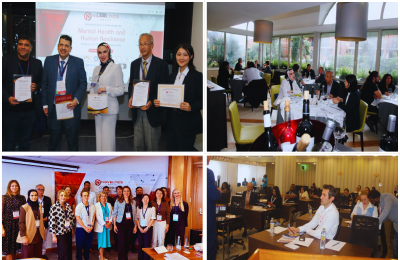
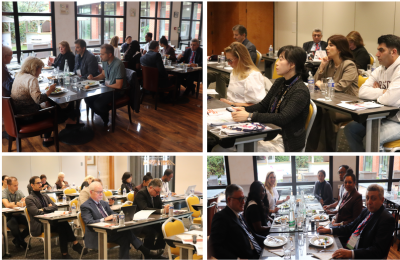
Inspiring minds, stirring change, and leaving an indelible mark—our notable speakers, your brilliance lit up our conference stage.




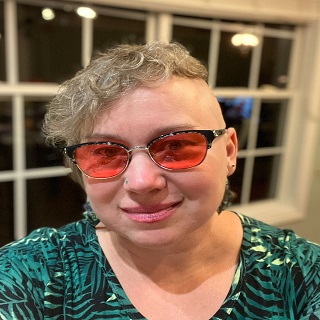

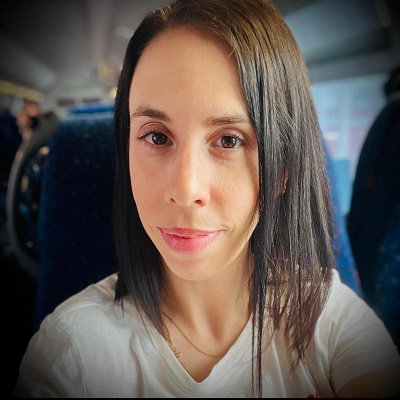

Unlock Boundless Insights and Connect with Global Experts—Register Now to Join the Transformative Experience!
Your pivotal roles as Sponsors, Exhibitors, and Media Partners have shaped our success; thank you for being the driving force behind our remarkable journey.


